Burundi’s Minister of Defense, Alain Tribert Mutabazi, said Tuesday that recent genocide claims by Rwanda’s Minister of Foreign Affairs, Olivier Nduhungirehe, are “a lie aimed at tarnishing the image of Burundi’s defense forces.” The statement was issued at a press briefing detailing the Ministry of National Defense’s achievements for the second trimester of the 2024–2025 fiscal year, covering October through December 2024.
“We are well aware of how our military is organized, the discipline of our personnel, and the extensive training they receive,” Mutabazi said. “Wherever our troops are deployed – even in foreign countries – they adhere to strict discipline. The allegations made by Mr. Nduhungirehe are nothing but an attempt to defame our military, despite the appreciation expressed by both the international community and the Congolese people for our operations.”
The statement follows an interview with Voice of America on Monday in which Nduhungirehe accused Burundian troops, deployed in eastern Democratic Republic of the Congo (DRC) to help restore security, of sharing genocide ideology with the rebel group FDLR and collaborating with mercenaries to support DRC President Félix Tshisekedi’s plan to overthrow the Rwandan government.
“As you know, Burundian troops were deployed in eastern DRC to fight on behalf of President Félix Tshisekedi. However, they share the same genocidal ideology as the FDLR forces, with whom they also collaborate. In addition, they are working alongside mercenaries who were sent to eastern DRC to support Tshisekedi’s plan of overthrowing the government of Rwanda,” he said.
In response, Mutabazi dismissed these claims as “misleading statements” designed to deflect criticism. “We have seen similar claims before, and they have always been unfounded,” he added. “Our soldiers are well respected for their discipline and professionalism, and there is no evidence to substantiate such allegations.”
Mutabazi emphasized that, on the contrary, Burundian troops remain in excellent condition and are widely recognized for their contributions, both by local populations and by international partners, in stabilizing conflict zones such as eastern DRC.
The heated exchange comes against a backdrop of longstanding tension between Rwanda and Burundi, two East African neighbors. Earlier this week, Burundi’s President Évariste Ndayishimiye warned during his New Year’s address to the Diplomatic and Consular Corps accredited to Burundi that Rwanda’s actions in the region could have dangerous repercussions for the East African region. “If Rwanda continues its expansion and aggressive policies, war risks spreading across the entire region,” Ndayishimiye asserted. “We are not isolated; if this continues, every nation in East Africa is under threat.”
Since the political crisis sparked by then-President Pierre Nkurunziza’s bid for a controversial third term in 2015, accusations have flown both ways—with Kigali repeatedly alleging that Gitega has supported the rebel group FDLR, while Burundi accuses Rwanda of arming and training militants who target its security.

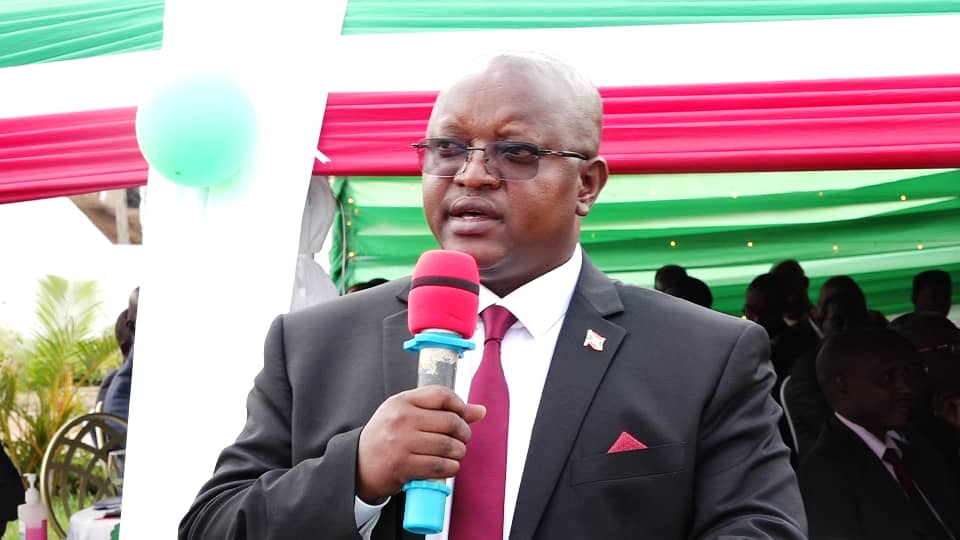
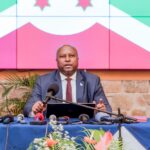

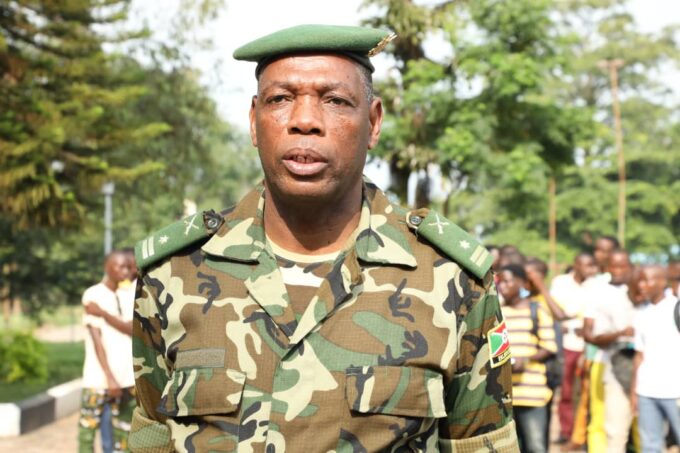
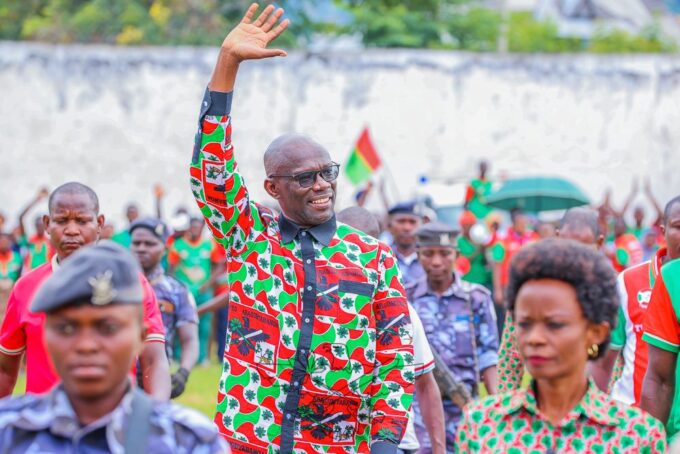
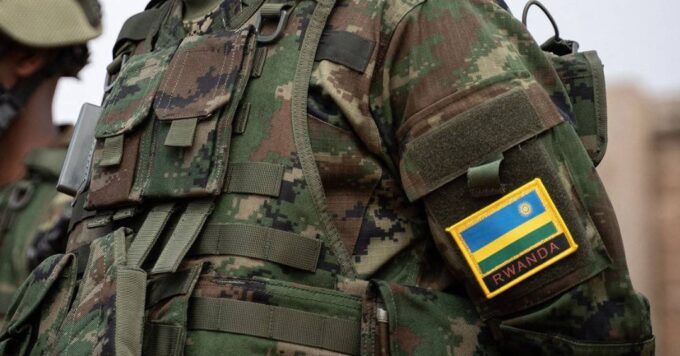
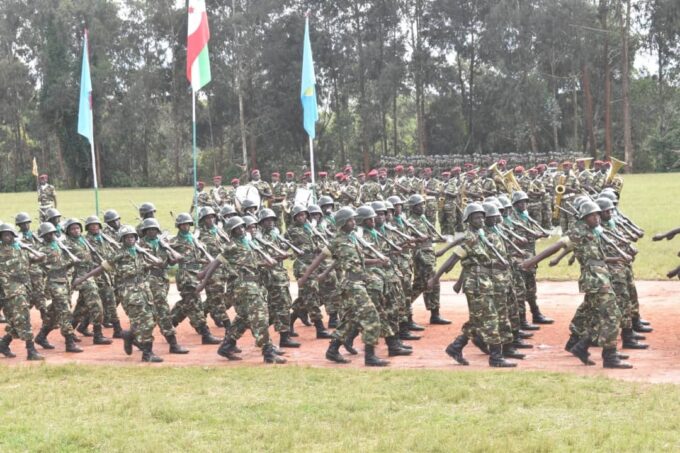
Leave a comment